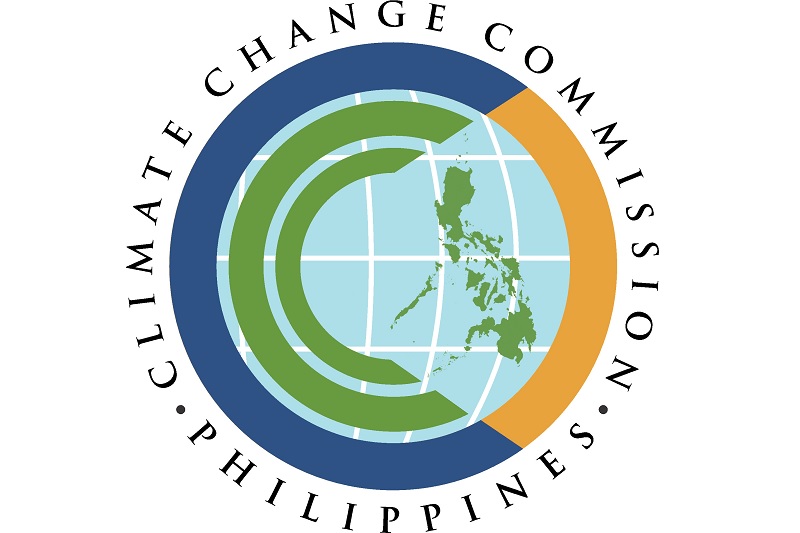
December 08, 2019 Sunday

December 9, 2019 | Madrid, Spain
Good morning to my fellow legislators.
It is an honor and a pleasure to be with colleagues in this Parliamentary Breakfast of the Global Renewables Congress. I thank Chairperson Bärbel Höhn for this opportunity to hold a dialogue on renewable energy and its role in achieving the goals of the Paris Agreement.
I am often asked why the Philippines—a highly climate-vulnerable archipelagic country considered a non-emitter with only 0.3% contribution to global greenhouse gas (GHG) emissions—should exert so much effort to achieve the goals of the Paris Agreement, when the developed nations have the historical accountability and the moral imperative to do so.
The simple answer I always offer is this: Because the Philippines and other developing countries, in their national capacities, must exhibit leadership by not further contributing to the warming that has caused so much of our people’s suffering in terms of loss and damage. We must also express solidarity to those nations expected to raise ambition and accelerate action to combat climate change. Second, because it is actually the Philippines and the global alliance of developing countries called the Climate Vulnerable Forum (CVF) that successfully enshrined the 1.5-degree goal in the Paris Agreement. Turning our backs from this goal is going against the principles of climate justice we have championed since the beginning.
But the urgency to act springs from our recognition of the significant opportunities for economic growth that a low carbon development path actually provides us. Helping realize the goals of the Paris Agreement through our Nationally Determined Contributions (NDC) will bring to focus the untapped massive potential for renewable energy development in the Philippines.
In 2008, I co-authored the Renewable Energy Act in the Philippine Senate to offer a wide range of incentives to spur growth within the renewable energy sector. We incentivized both foreign and local suppliers of RE technologies. We provided for a Feed-in-Tariff and a Renewable Portfolio Standards Policy.
It has been more than a decade since the enactment of the law, but RE accounts for only 30.3% of our energy mix, while that of coal is at 37.1%; oil-based at 18%; and natural gas at 14.5%.
This is quite alarming as the Philippines is projected to sharply increase its GHG emissions over the next decades—more than triple by 2030 and quadruple by 2050, if no mitigation action is taken.
But as our country finalizes our NDC, we remain hopeful that we can submit ambitious and realistic targets that are consistent with the 1.5-degree goal.
The cost estimate to implement the identified mitigation actions in our Philippine Development Plan (PDP)—which is the blueprint of our national government’s strategies and plans—for our energy, forestry, industry, and transport sectors alone is US$4.12 billion for the period of 2015 to 2030.
Moreover, just this April, we passed an Energy Efficiency Law, which I also co-authored, that will institutionalize energy efficiency and conservation as a national way of life, and ensure a market-driven approach to energy efficiency, conservation, sufficiency, and sustainability in the country.
One groundbreaking action we did in the Philippine Senate is to impose higher taxes on coal, which, for decades, had enjoyed minimal taxes at 10 pesos or 20 US centavos per metric ton. There was stiff opposition, but we were able to increase the taxes to 50, 100, and 150 pesos for the next three years. The new taxes are four times lower that what I had wanted, but to break the wall that could not be penetrated against dirty energy is, for us, already a monumental feat.
In July 2019, our President also ordered to reduce the country’s dependence on traditional sources of energy, such as coal, and to advance the development of renewable energy.
We are also looking at our national Climate Change Commission to issue the guidelines on the standards for “green jobs” accreditation, following the passage of our Green Jobs Act in 2016, and to fast track our National Policy Review on Energy (NPRE), in order to produce a framework that will guide legislation needed for low carbon development.
These are all positive indicators that our NDC can indeed help achieve the goals we set in the Paris Agreement.
I believe that the Philippines already has the laws and policies in place—while some, underway—but the immediate challenge for us now is on how we can truly breathe life into these policies.
Our government has always emphasized a “whole-of-nation” approach to addressing this climate crisis, as we have demonstrated in our NDC process and even in our access to climate finance. But national actions will be for naught if we do not foster and sustain convergences among our countries and parliaments. Realizing the goals of the Paris Agreement requires a “whole-of-planet” approach.
Through this dialogue, let us continue finding solutions to this climate crisis for the sake of humanity and the world.
Thank you very much.